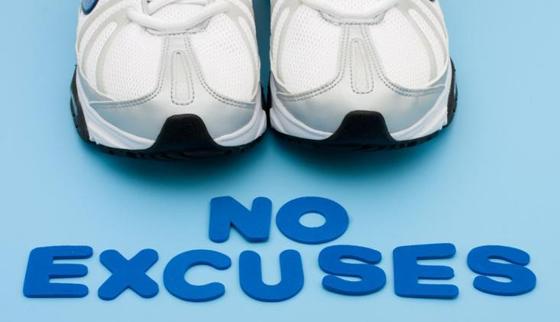
Michelle Middleton qualified from Birmingham Dental School in July 2012 with Honours and Distinction in Clinical Dentistry.
She is currently employed as an Oral and Maxillofacial SHO in the Countess of Chester Hospital, Chester.
In this article Michelle gives some of her top tips on how to pass the time when you are on call.
Michelle advises, when you're required to babysit the bleep, you may get some time to harvest your productivity. Here are a few ways you can do so...
1. Revision
Whether it's for an upcoming exam, or because two days into your new hospital post you realise you don't know much about facial fractures and skin wounds, whilst waiting for the bleep you can swot up reading Contemporary Oral and Maxillofacial Surgery or a trusty Oxford Handbook.
2. Research / book courses
In a DF2 or SHO post you will have a certain allowance for study leave in addition to annual leave. Where I work it is a generous thirty days! (Saying that, not many courses are completely free and do you have the money to pay for thirty days' worth of courses? I don't.) Make the most of this allowance, as, especially if you're venturing back into general dental practice after your hospital post, it will cost you more money as an associate to have time off for personal development.
It may be wise to check with colleagues as to which courses they are interested in pursuing as often hospital policy states only one senior house officer can be off at any one time. For example, Section 63 courses often have repeats of the same course throughout the year (IRMER update, infection control / decontamination, medical emergencies), especially of GDC core subjects. If you know a colleague is due to have time off for, say, an IRMER course in October, then you can look for alternative dates.
3. Take a power break
If you get the chance, you can tone up on your breaks and re-energize body and brain. It takes less than a minute to do around 25-30 tricep dips and 20 press ups against a chair. If you're on-call in the wee small hours and no-one is around, there will certainly be a chair and some space to do these simple exercises. If you separate these bursts of physical activity throughout your shift, you can easily make 100 tricep press-ups and press-ups. If you're on a week of nights, think of the calories you'll burn and muscle you'll build! If there is the space in your office or Doctor's Messes then you could try some abdominal plank work, holding for thirty seconds or longer per interval.
4. Tidy your workspace
Within a few days of starting my SHO job, our little office had post-its stuck all over the computer monitor, stashes of tea-bags and paper scraps in the drawers and smelled fusty from the bin contents. A few minutes of de-cluttering, organising and throwing out the rubbish can make for reduced stress levels and a much pleasanter working environment. (Admittedly it was my fault for bringing in two dozen pads of post-its to use, and we still don't have an air freshener but we're working on it!).
5. Make proforma sheets
One of the dentists on her night shift had a fantastic idea of making proformas for taking to A&E and attaching to patient notes for dentoalveolar infection, lacerations and trauma cases. She had them checked with the supervisor if they were suitable for use and they have proven extremely useful. Genius!
6. Add to your personal development portfolio
If you don't have an official portfolio you can make one to record your hospital experiences. You may think it's easy to recall certain events but you'll thank yourself for having a written record that you can show to potential employers, and will most likely help you fill out job application forms in the future. You'll also probably surprise yourself at how much you have done.
7. Audit / research
As part of being an SHO / DF2 dentist you're required to participate in audit. While you wait for the bleep to go off you can type up your audit topic, research or manage your data collection.
Michelle Middleton